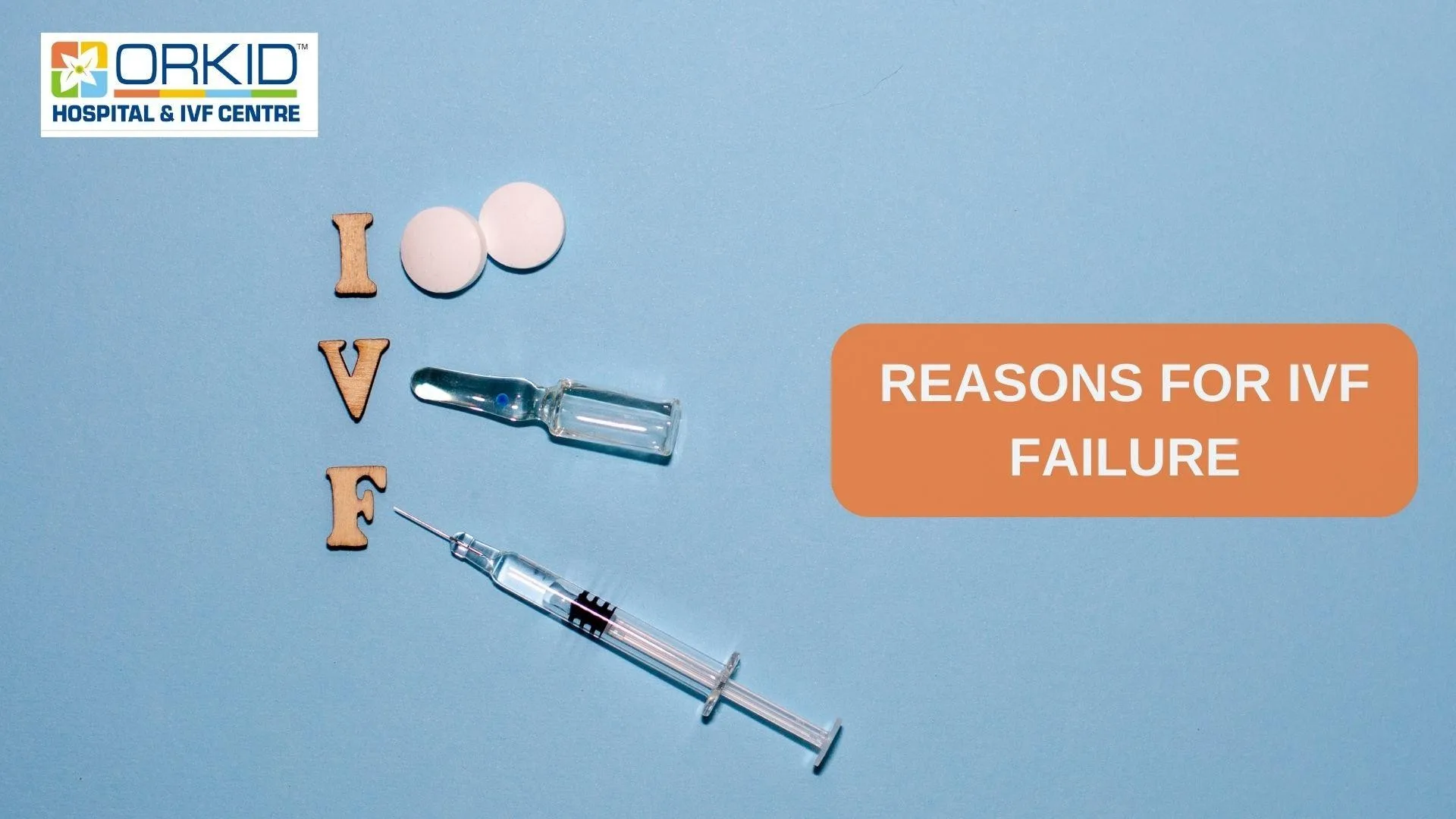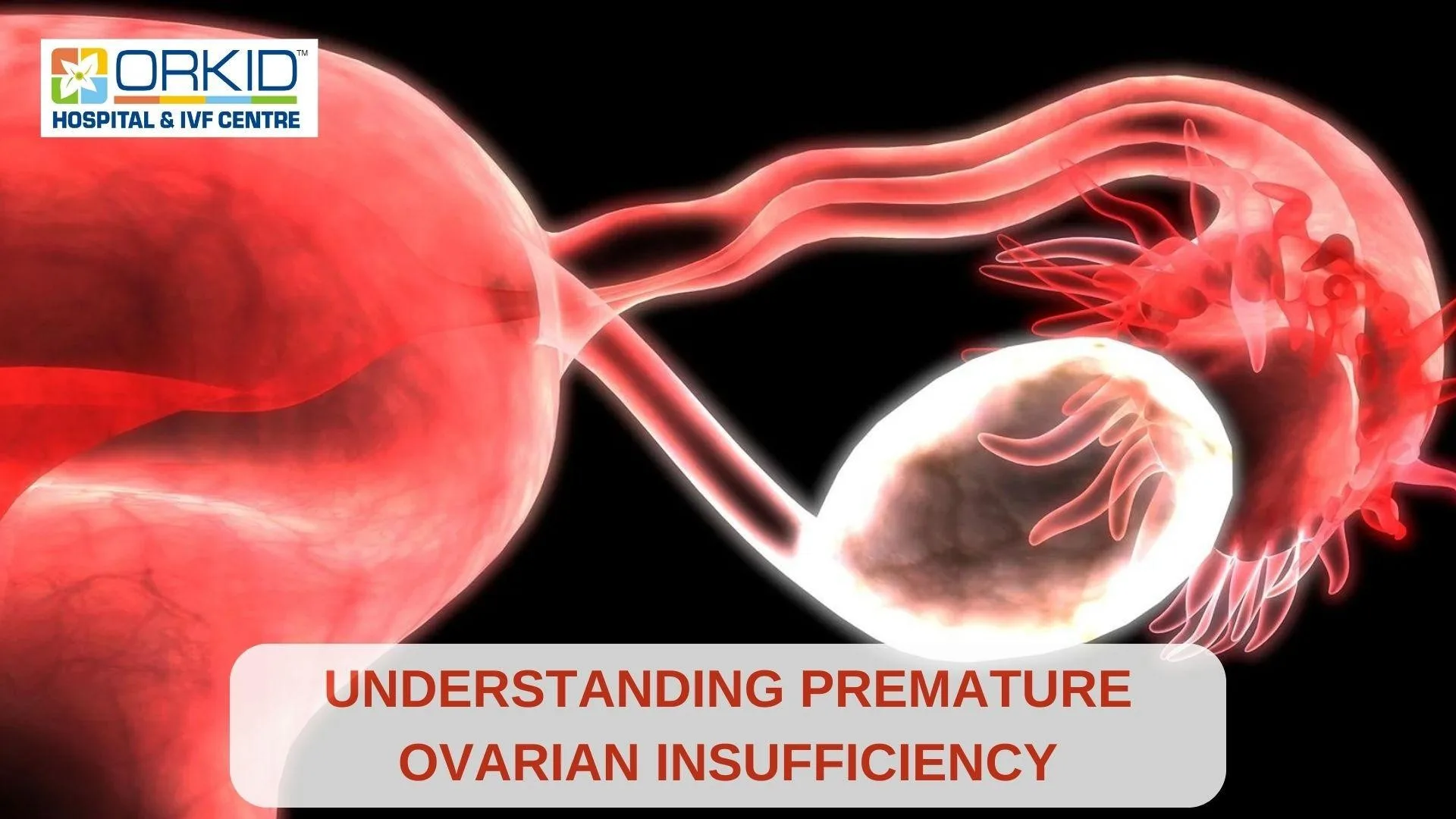Reasons For IVF Failure: Understanding Them From The Best Gyno In Surat
In vitro fertilization (IVF) offers hope to many couples facing fertility challenges, but despite medical advances, IVF success rates are not guaranteed, and many couples experience failed cycles. In this blog, experts from orkid hospital & IVF centre, one of the best infertility hospitals in Surat, list down the reasons for IVF failure that can help in making informed decisions for future attempts.
1. Age of the Woman
One of the most influential factors in IVF success is the age of the woman undergoing the procedure. As women age, egg quality and quantity decline, and older eggs are more likely to have chromosomal abnormalities. Women over 35 experience a notable drop in IVF success rates, and by age 40, this decline is even more significant. Dr Kaajal Mangukiya, founder of the best IVF centres in Surat — orkid hospital & IVF centre — mentions poor egg quality as a major factor for embryos that fail to develop properly, making implantation and pregnancy less likely.
2. Embryo Quality
Embryo quality is a critical determinant of IVF success. Poor-quality embryos may fail to implant or develop, leading to a failed cycle. Chromosomal abnormalities, genetic defects, or damage during embryo handling can contribute to poor embryo quality. Embryologists assess embryos through grading, but high-grade embryos may still have genetic issues that prevent successful implantation. Preimplantation genetic testing (PGT) can help identify chromosomally healthy embryos, potentially improving the chances of success.
3. Uterine Issues and Endometrial Receptivity
For IVF to be successful, the uterus must be ready to receive and nourish the embryo, state the experts from the best IVF hospital in Surat — Oorkid hospital & IVF centre. Issues with the uterine environment, such as fibroids, polyps, or a thin endometrium, can hinder embryo implantation. Endometrial receptivity, which is the optimal period when the uterus is most conducive to implantation, can vary. Misalignment of the embryo transfer timing with endometrial receptivity is another factor that can lead to IVF failure. In some cases, a specialized test called the Endometrial Receptivity Array (ERA) can assess the best timing for embryo transfer.
4. Sperm Quality and Male Factor Infertility
While IVF often focuses on the female partner, male fertility also plays a critical role. Poor sperm quality, including issues with sperm motility, morphology, or DNA fragmentation, can impact embryo development. Male factor infertility can result in embryos with compromised genetic material, which may prevent successful implantation. Techniques like intracytoplasmic sperm injection (ICSI) can assist by injecting a single healthy sperm into each egg, improving the chances for fertilization in cases of male factor infertility.
5. Immune System Factors
The body’s immune response can also impact IVF success. Some women have immune-related issues where their body mistakenly identifies the embryo as a foreign entity and attacks it. Elevated natural killer (NK) cells or certain autoimmune conditions can prevent embryos from implanting in the uterus. Testing and treatment for immune issues, such as immunotherapy or steroid medication, can sometimes improve the chances of successful implantation from the best test tube baby centre in Surat for women with immune-related IVF challenges.
6. Lifestyle Factors
Certain lifestyle factors are known to impact IVF success rates. Smoking, excessive alcohol consumption, a poor diet, and a high body mass index (BMI) have all been linked to lower IVF success. Smoking, for example, damages egg quality, while high BMI can interfere with hormone levels and reduce ovarian response. Maintaining a balanced diet, moderate exercise, and stress management can support fertility and improve the chances of IVF success.
7. Laboratory and Technical Issues
IVF is a complex process requiring meticulous precision in a lab environment. Even slight deviations in lab conditions, equipment malfunction, or contamination can compromise embryo health and development. Selecting a reputable clinic with experienced staff and high lab standards can minimize the risk of technical errors that might lead to IVF failure.
8. Embryo Transfer Technique
The embryo transfer process itself is a delicate procedure that requires skill and precision. A poorly executed transfer, where the embryo is not positioned correctly in the uterus, can reduce the chances of implantation. The best gynos in Surat suggest ultrasound guidance during embryo transfer to improve placement accuracy, thereby enhancing the likelihood of success.
Final Thoughts
While IVF can be a complex journey with no guarantees, understanding the reasons for failure can provide clarity and offer a way forward. With advanced testing, lifestyle adjustments, and continued communication with the best gynecologists in Surat, couples can make informed decisions for their next steps. IVF challenges are common, but with perseverance and the right support, many couples find success in building the family they dream of.











